I’m trying to get
myself back in the habit of writing regularly for non-work purposes, so I’m
kicking off a new project with this post. I
have waded into the shallows[i]
of genealogy far enough to have accumulated more than just dates and locations,
but actual details of my ancestor’s lives. I’m going to try to spend the next
month or two telling the stories of my grandparents, great grandparents, and
great-great grandparents[ii].
32 ancestors…some with
rich and interesting histories, some just sparse shadows of lives. But they’re
my personal history, and I want their stories to live on in some fashion. I’m
starting with my paternal (biological) grandfather, Bernard Wilbur Gourlay, whose
brief, bittersweet life is among the harder accounts to write and poses some of
the most interesting unanswered questions.
Bernard Gourlay (grandfather) with
James (my father)
Bernard Wilbur Gourlay
Early Life
Bernard Gourlay was born in 1921 in Amsterdam, NY, the son
of a factory worker and homemaker. His mother had been previously married with
children, and was 13 years older than his father[iii].
Bernard had a younger sister, but it doesn’t appear that any of his
step-siblings lived with them. Bernard’s family moved to Auburn, NY sometime
between 1930 and 1940, where his father found work as a foreman in a rug mill.
In school, Bernard was a boy scout, and a tennis player of
some local reknown. After graduating in 1939, he joined his father as a laborer
in a carpet factory where he might have remained if the winds of war had not
already begun to blow. In 1941 he
married Joan Clark, a girl from his graduating class. She called him Gooneybird;
he called her Crack Pot. They had a son, James. By all accounts they were very
happy for the briefest of moments.
“Bernie” and Joan as Graduates, Wedding photo,
Wedding invitation
World War II
As the conflict intensified in 1943, Bernard was drafted
into the Army. He moved with Joan and James to various training locations in
Washington and elsewhere, before being sent overseas. Bernard, by then a SSgt
in the Army Air Corps, was assigned to the 450th Bomber Group
(Cottontails[iv])
operating out of Mandura, Italy. He was a ball turret gunner[v]
on a B24 Liberator; an especially dangerous role in an occupation already
fraught with risk. He had entered the war effort in a time and place where the
life expectancy of bomber crews was tragically short. Men of the 450th
would be relieved after flying their 50th mission. Set against the
might of the German Luftwaffe and rain of AA flak, only a lucky few survived
that long.
Going to War Portrait,
Air Crew member card, B-24 Liberator with Crew (Bernard at front left center)
After a flight of B-24s from the 450th successfully
bombed Porto San Stefano, one of its retreating planes was shot down by
anti-aircraft fire. In its death spiral, it sheared the tail section of another
B-24, designated “The Margie” by her crew. The Margie followed her fellow ship
down, crashing directly into the sea.
Its cabin crew never had time to don parachutes and escape, let alone
the ball turret gunner, locked in position on the belly of the aircraft.
Bernard and Joan’s dreams died over a lonely stretch of sea in May, 1944. James
was 2 years old.
Epilogue
Officially, Bernard was listed as missing until many months
later. For his sacrifice, he was awarded a Purple Heart, and the Air Medal for
valor. Joan remarried some time afterward; another Army man and a hero in his
own right. My father, James, told me about Bernard, when I was 12 years old. Someday
I hope to see in person the Tablet of the Missing, in the American Cemetery in
Florence, Italy, on which his name is inscribed.
The Aviator.
Purple Heart
NOTES
[i] By
which I mean the shallow, beginner level of genealogy, not that my gene pool is
shallow.
[ii]
I’m not ready to tackle the emotional mindfield of describing my parent’s
lives, and I’ve already alluded to a lot of my own history in previous posts.
So those two generations won’t be included.
[iii]
She was 43 when she had Bernard, and at one time there was a rumor that he had
been adopted. Unfortunately, I don’t
know of anyone living who can confirm this, and I have not been able to find
any records to confirm or deny this. If he was adopted, then I may lose that
entire side of my family’s history.
[iv]
So named for the white tail sections on their B-24 Liberators. The Cottontails,
as part of the 15th Air Force, were responsible for the raids and
crippling of the Ploesti oil refinery complex, which dramatically impacted the
German ability to wage war after mid 1944.
[v]
The ball turret was gun turret located on the belly of the aircraft. Its
gunners had to be lowered into place, and could not easily escape their turret
in emergencies. It was especially
vulnerable to fighter attacks and ground fire. Ball turret gunners had among
the lowest life expectancies of bomber crews.



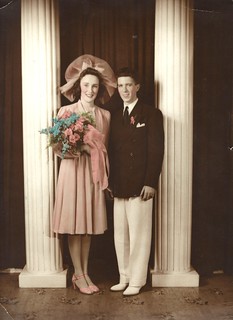
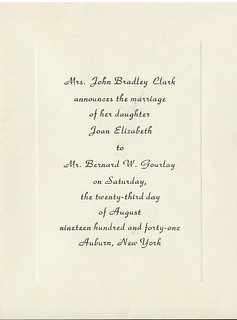
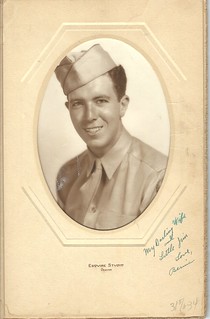
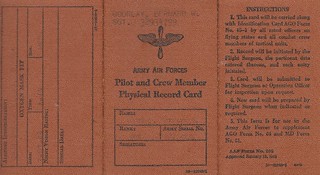
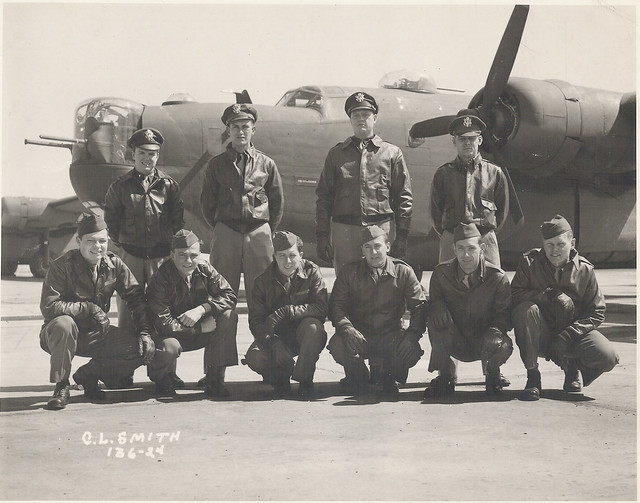
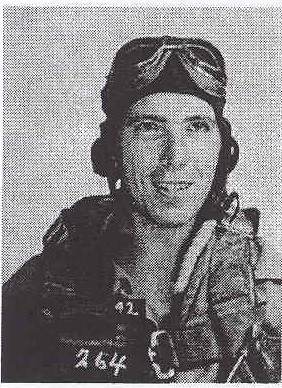
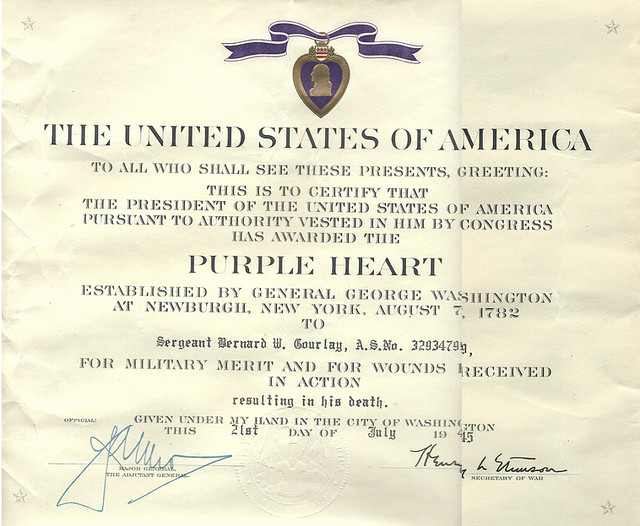
No comments:
Post a Comment